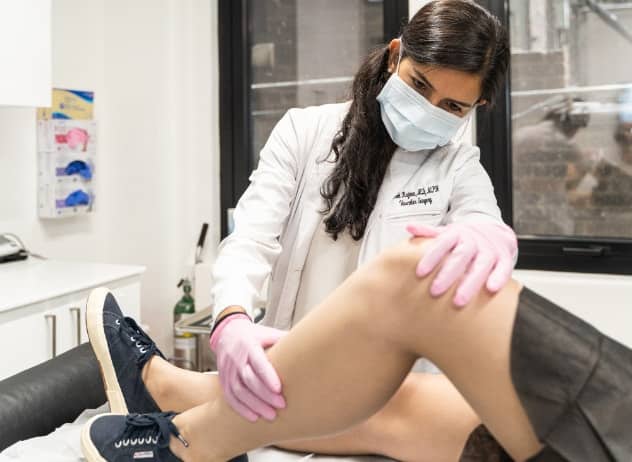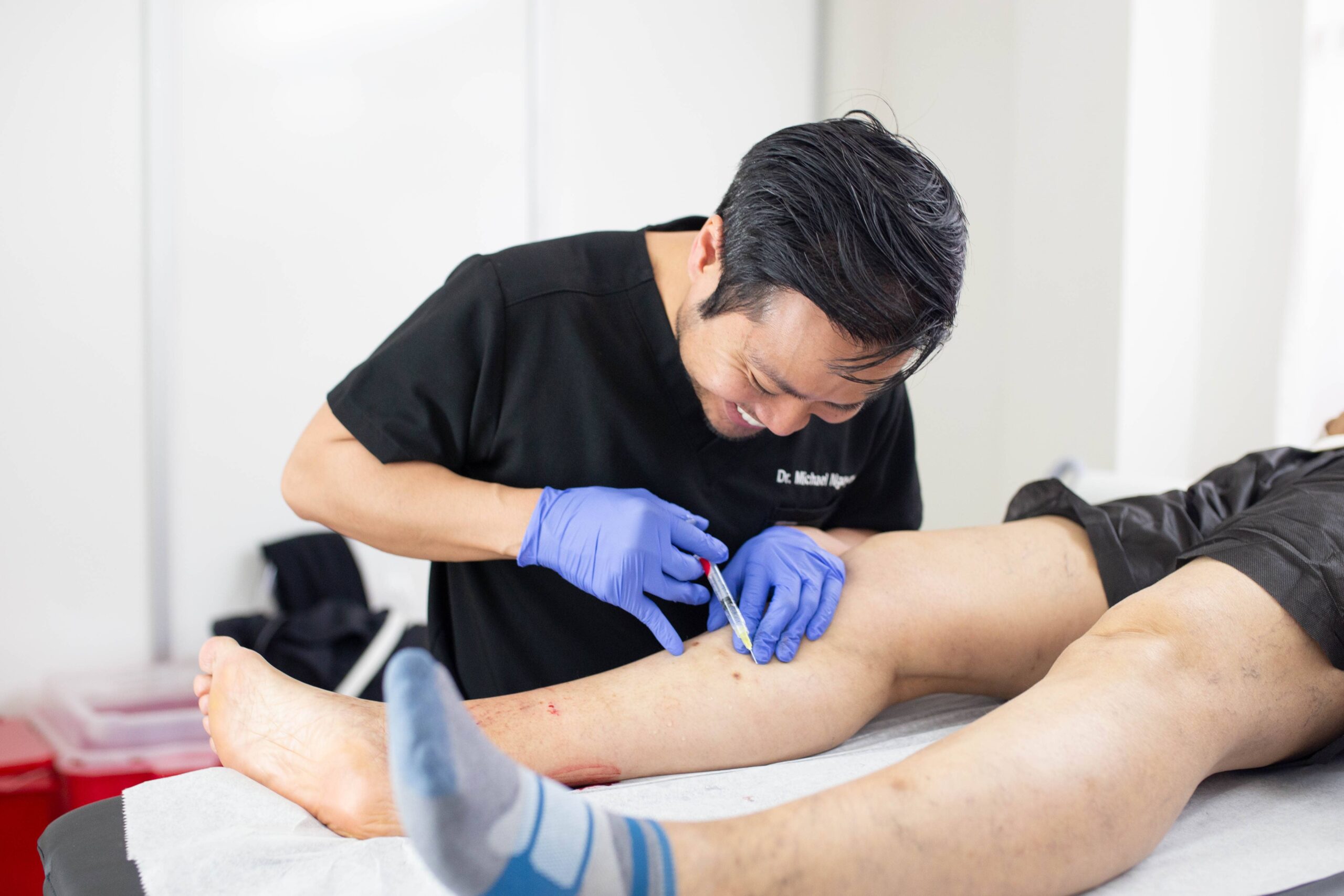What Is a Varicose Vein Specialist Called?
If you've noticed swollen, twisted veins in your legs or feel aching, heaviness, or discomfort, you might be dealing with varicose veins. They are more common than many people realize and often misunderstood. One of the most important steps in managing this condition is seeing the right medical professional. But what is a varicose vein specialist called? This article will explore that question and help you understand why seeing a vein treatment specialist is the best move for your health.
What Is a Vein Treatment Specialist?
A vein treatment specialist is a medical professional trained to diagnose and treat venous diseases, including varicose veins and spider veins. While many general physicians can identify these issues, a vein specialist has specialized knowledge and tools to provide accurate diagnosis and effective treatment plans.
So, what is a varicose vein specialist called in the medical field? Depending on their background, they may be:
· Phlebologists – Doctors who specialize exclusively in vein diseases.
· Vascular surgeons – Surgeons trained in treating blood vessel conditions, including veins and arteries.
· Interventional radiologists – Specialists who use imaging technology to treat vein problems with minimally invasive procedures.
Each of these professionals qualifies as a vein treatment specialist, but their approach and tools may differ based on their training.

Why You Should See a Vein Treatment Specialist
You might think varicose veins are only a cosmetic issue, but they often signal a deeper problem with blood circulation. Here are several reasons why consulting a vein treatment specialist is essential:
1. Accurate Diagnosis
A vein treatment specialist will use advanced tools like duplex ultrasound to assess blood flow and valve function. Unlike a general doctor, they can detect chronic venous insufficiency, blood clots, and other hidden issues that contribute to vein problems.
2. Customized Treatment Plans
No two patients are the same. A specialist will evaluate your symptoms, health history, and lifestyle before recommending treatment. Whether it's compression therapy, laser treatment, or a minimally invasive procedure, they will tailor the plan to your specific needs.
3. Minimally Invasive Solutions
Wondering what is a varicose vein specialist called because you're afraid of surgery? Don't worry. Most modern vein treatments are non-surgical and performed in an outpatient setting. Procedures like endovenous laser therapy (EVLT) and sclerotherapy require little to no downtime.
Signs You Need to Visit a Vein Treatment Specialist
Not sure if it’s time to see a specialist? Here are common signs that your vein problems need professional attention:
· Swollen, twisted veins visible under the skin
· Aching, burning, or throbbing in the legs
· Leg fatigue or heaviness, especially after standing
· Skin discoloration near the ankles
· Ulcers or sores on your lower legs
· Itching or irritation near veins
If you experience any of these symptoms, it’s time to consult a vein treatment specialist.
Types of Treatments Offered by Vein Specialists
A vein treatment specialist can offer a range of modern, minimally invasive treatments for varicose veins, including:
Sclerotherapy
This treatment involves injecting a solution into the affected vein, causing it to collapse and fade over time.
Endovenous Laser Treatment (EVLT)
Using laser energy, the specialist seals off the damaged vein, which is then naturally absorbed by the body.
Radiofrequency Ablation
This procedure uses heat to close off larger varicose veins and restore healthy blood flow.
Ambulatory Phlebectomy
In this procedure, the specialist removes superficial veins through tiny incisions under local anesthesia.
Knowing what is a varicose vein specialist called helps you seek out the right expert for these treatments.

How to Choose the Right Vein Treatment Specialist
When looking for a vein treatment specialist, consider the following:
· Certifications: Look for board-certified phlebologists or vascular surgeons.
· Experience: Choose a doctor with extensive experience in treating varicose veins.
· Technology: Make sure the clinic offers advanced, minimally invasive treatment options.
· Reviews and Testimonials: Check patient feedback to gauge satisfaction and results.
Choosing the right vein treatment specialist can make a significant difference in both your health and quality of life.
Final Thoughts
So, what is a varicose vein specialist called? The answer may vary depending on their medical background—phlebologist, vascular surgeon, or interventional radiologist—but they all fall under the umbrella of a vein treatment specialist. These professionals provide essential care for people suffering from vein-related issues, using advanced diagnostic tools and cutting-edge treatments to improve both appearance and overall health.
If you’re struggling with leg pain, visible veins, or discomfort, don’t ignore the signs. A vein treatment specialist can help you feel and look better—without major surgery or long recovery times.
Comments
Post a Comment